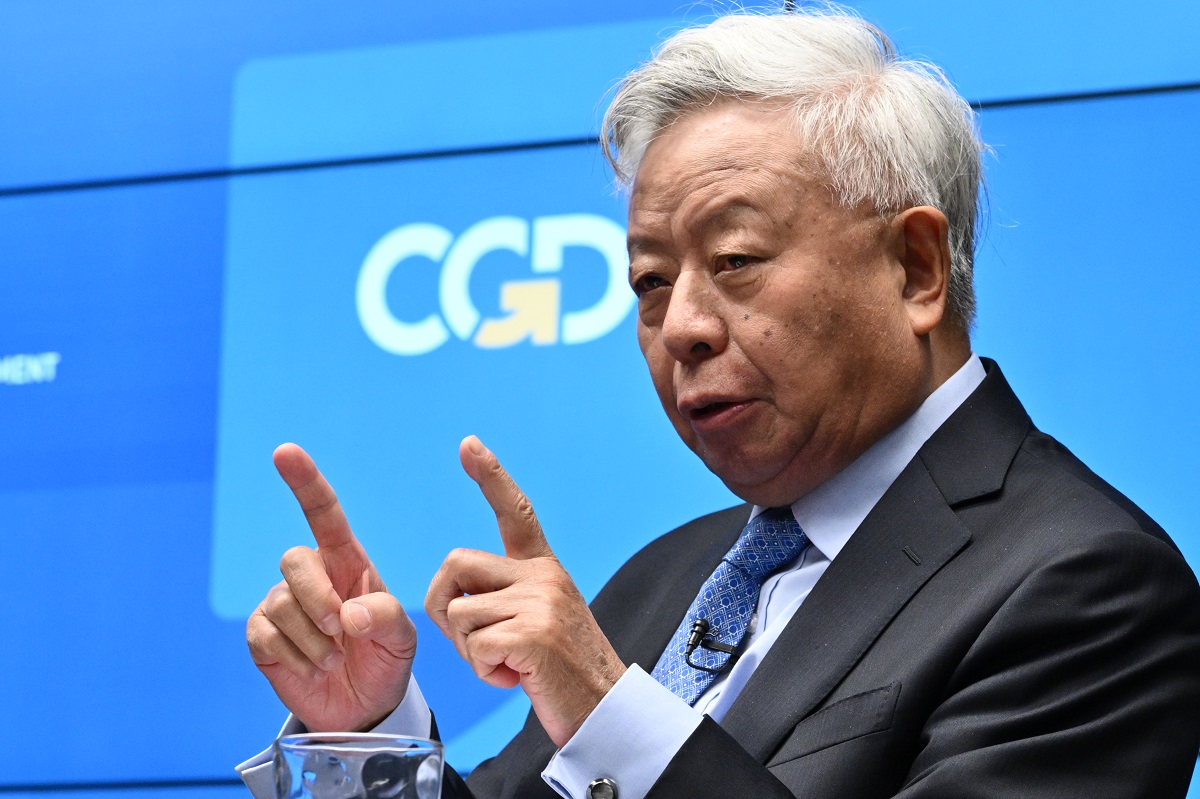On Monday October 20, Joko Widodo (“Jokowi”) was inaugurated as president of Indonesia. As I wrote at the time of the election in July, Indonesia’s deforestation rate—now the world’s highest—and its oversized effect on global climate emissions are among the burning issues pressing for the attention of the new administration. But perhaps this is the only one that is literally burning. (For wonderful maps and analysis of Indonesia’s forest fires over the last seven days, go to Global Forest Watch Fires.)
A new analysis of the politics behind deforestation and efforts to stop it
A new background paper commissioned by CGD, “The Impact of Payment-for-Performance Finance on the Political Economy of Deforestation in Indonesia,” illuminates the political dynamics that will shape Jokowi’s choices in the weeks and months ahead. The paper details how business-as-usual exploitation in the forestry sector is being disrupted by REDD+, an international initiative to reduce emissions from deforestation and forest degradation launched at the 2007 climate talks in Bali.
The analysis, prepared by investigative journalists Metta Dharmasaputra and Ade Wahyudi of KATADATA, is based on in-depth interviews with some 20 participants, observers, and critics of Indonesia’s own national REDD+ initiative. The initiative was undertaken with the prospect of $1 billion in results-based payments from Norway under the terms of a 2010 Letter of Intent signed by Jokowi’s predecessor, Susilo Bambang Yudhoyono.
Although politically significant, actions taken under the agreement have not yet translated into reduced deforestation on the ground. According to Dharmasaputra and Wahyudi, implementation has been hampered by disunity within the government—in particular, opposition from the Ministry of Forestry – and indecision on the part of President Yudhoyono. They conclude that “[w]ithout strong political will on the part of the government, no matter how big foreign aid is, Indonesia’s forest conditions will never improve.”
So how likely is political will to materialize?
There are a number of reasons to be optimistic that Jokowi’s inauguration will mark an inflection point in Indonesia’s efforts to control deforestation:
- Jokowi himself is a forestry graduate from the University of Gadjah Mada in Yogyakarta, and he worked in the wood furniture business before entering politics. His running mate, former and current vice president Jusuf Kalla visited the CIFOR campus in Bogor during my tenure there to discuss his idea for reforesting the barren hillsides of his home province of South Sulawesi. So both have a higher-than-the-average-politician’s interest in the subject of forests.
- As described in my July blog, a number of constituencies will be variously whispering or shouting in the new president’s ear regarding what he should do related to forests. The most recent and perhaps the most potent set of voices for reform is also the most unexpected. Last month at the UN Climate Summit, the Indonesian Chamber of Commerce and Industry (KADIN) announced a “Palm oil pledge” to reduce deforestation, signed by a coalition of corporate leaders in the palm oil supply chain, and called on the incoming Jokowi administration for support. While individual companies have been signing up to “no deforestation” commitments over the last few years (see my previous blogs here and here), what’s new is that the industry is now publically asking the Government of Indonesia to “codify all elements of this pledge within and enforceable by Indonesian law.”
- During the campaign and after the election, Jokowi has provided assurances to civil society groups that he will follow through on progressive forest-related agendas, such as implementation of the 2013 Constitutional Court ruling that opened the door to recognition of indigenous rights to forests forests (discussed in a wonkcast and blog in August).
- Although the Indonesian Parliament has been giving the president-elect heartburn by passing anti-democratic legislation in recent weeks, last month the parliament finally ratified the ASEAN Agreement on Transboundary Haze Pollution, 12 years after its signing in response to the catastrophic forest fires of the late 1990s. This provides a welcome signal of willingness to cooperate with neighbors, not least Singapore, in addressing what has become a chronic and periodically acute irritant to respiratory systems and international relations in the region.
What’s the role of the international community?
The conditions in Indonesia now are remarkably similar to those in Brazil in the early 2000s, when it was the Amazon forest that was burning, and the Lula administration came into office facing the glare of the international spotlight for being the world’s leader in tropical deforestation. In another background paper to be released later this month, Brazilian journalist Sergio Abranches tells the story of how domestic and international factors aligned to create the political will that led to Brazil’s almost miraculous reduction in deforestation. (How Brazil did it is summarized in a new CGD Brief.)
Learning from the Brazil example, it’s critical that other countries thread the needle between supportive engagement and the appearance of inappropriate interference in domestic affairs. Making explicit commitments to reward Indonesia’s success in implementing its own strategy to reduce deforestation, especially in the context of climate negotiations scheduled for Lima in December and Paris in 2015, would be an obvious way forward.
The new president’s calendar is crowded with international meetings, including the APEC and G-20 Summits in November. Rich-country governments should use these opportunities to offer their support, both moral and financial, for Jokowi to take up strong leadership of Indonesia’s forest reform agenda. As Dharmasaputra and Wahyudi put it, 2014 is a “critical year” for implementation of REDD+, Indonesia’s “biggest opportunity” to save its forests from deforestation and extinction.
Disclaimer
CGD blog posts reflect the views of the authors, drawing on prior research and experience in their areas of expertise. CGD is a nonpartisan, independent organization and does not take institutional positions.




